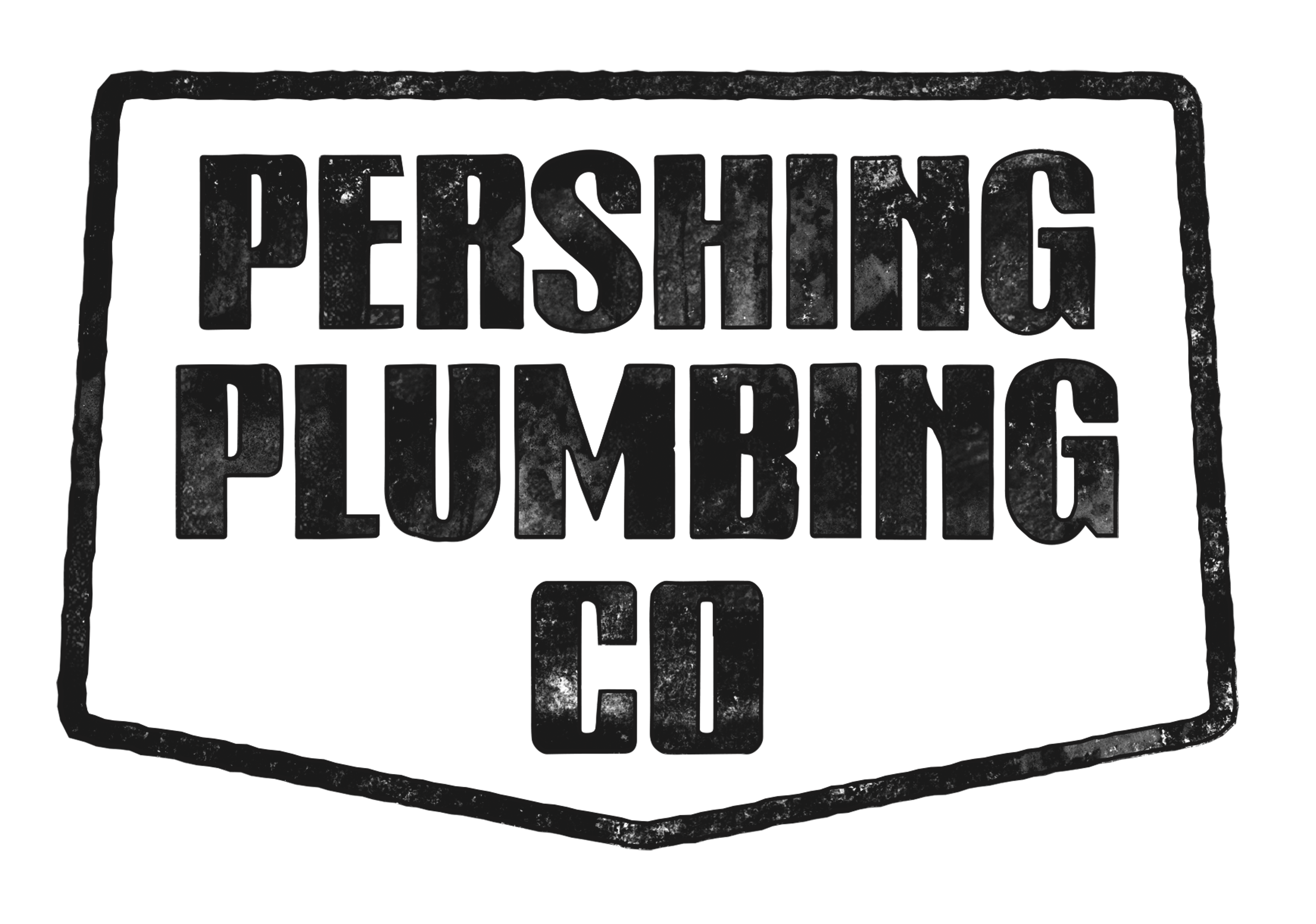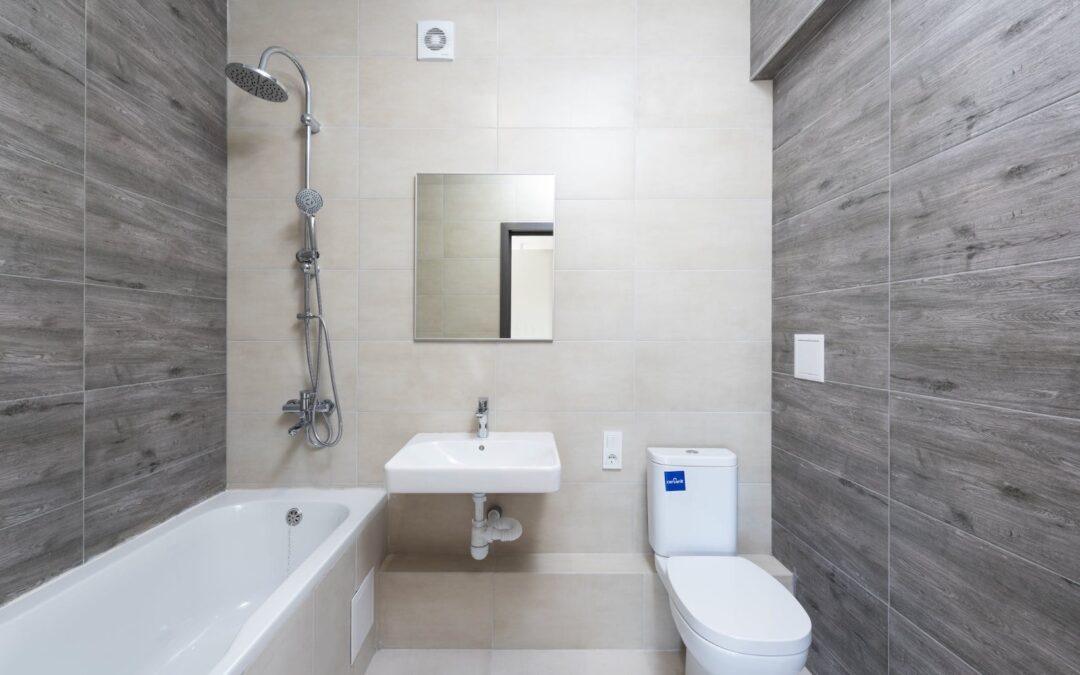It doesn’t matter how many times you have dealt with plumbing issues in your home. What seems to be a small leaking can quickly escalate into a huge problem if not addressed. You need to address the source of the leak as well as the problems that result such damage to drywall and flooring or moldy ceiling tiles. These issues can lead to high costs, such as higher water bills each month. You can prevent many household leaks with a few preventative steps. We will discuss them below.
You should be on the lookout to find leaking pipes.
Sometimes a leaky pipeline can go unnoticed until later. The damage already has been done by the time you notice a leaky pipe. This can be prevented by checking your cabinets, ceilings, floors, drop tiles, and basements.
If you find any water spots, or other damage due to moisture, it is best to call a professional plumber. You may have a leak. You might be curious as to why you see these common household leaks in tubs or showers, toilets or sinks. A leaky pipe could be for many reasons. These could be corrosion, rust or high water pressure.
Soggy Bathroom Floor? Make sure you clean your toilet.
Your toilet may be causing your bathroom floor to feel wet or slippery. It is common for the wax ring seal that surrounds the base of your toilet to begin to crack with time. You could also have loosening bolts or rusted bolts attaching the toilet to a floor. Or, it could be a problem with your toilet’s pipes or valves not properly aligned. Regularly check the anchoring of your toilet base to your bathroom floor.
Another sign of a problem is a strong odor coming from the toilet bowl and puddles or water around the base. No matter the cause, it is important to fix the toilet immediately.
You should inspect your washer’s hoses
Many homeowners do not realize the importance of replacing their clothes washer hoses every few decades. The connectors and hoses may become weaker with age and normal wear. When they are in use, you may notice them leaking. Watch out for any leaking hoses, or water build-up on the floor surrounding your washer.
A professional Glendale, CA Plumber can check your washing machine connections every year. You could end up paying excessively high monthly water bills and have your laundry area damaged or stained by mold if you don’t fix a washer machine leak.
Inspect your Kitchen Appliances
Sometimes, refrigerators and dishwashers leaks go unnoticed for long periods of time. The water lines connecting to them are not visible — they are either underneath or behind appliances. To ensure that there are no leaks, it is crucial to inspect these units regularly. You should also make sure you keep the water line connections in your fridge clean and secure. These connections can be clogged up with pet hair or dust, and can cause issues with your refrigerator’s functionality.
A musty smell or discoloration of the flooring around these appliances are warning signs. You should immediately contact a local Glendale, CA Plumber if you spot an issue.
Assess the foundation of your house.
A problem with your foundation could put the structural integrity of your whole home at risk. It’s also known as a slab leak if there is water under your foundation. This could be due to shifting soil below your home, high pressure in your water lines, incorrect construction techniques, or improper materials used when your house was built.
It is impossible to prevent most slab leaks. But you can be careful with what you flush down and how you wash it out. You may notice cracks or water pooling around your foundation. Low water pressure when washing dishes, washing dishes, or doing laundry could also be signs of a slab problem. To get any needed repairs done, you should contact a foundation and/or Glendale, CA Plumbing Expert immediately.

